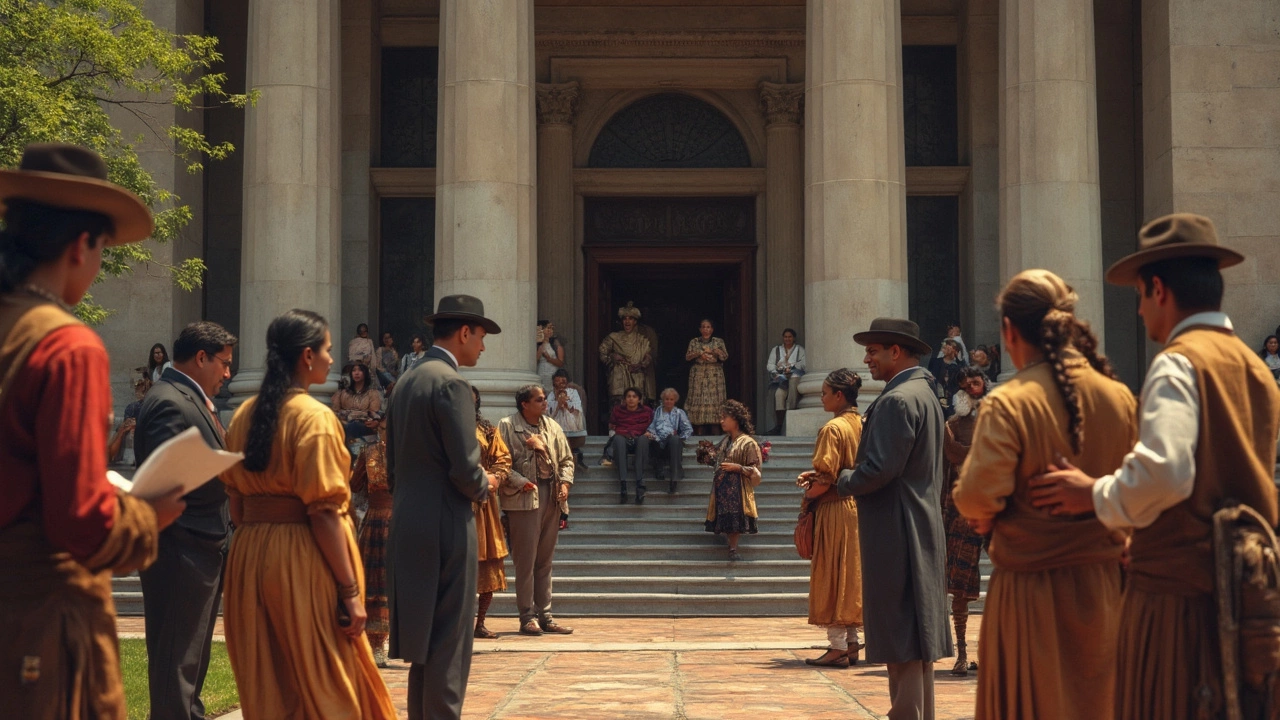Circuit Court Basics: What They Are and How They Work
Ever wondered where most lawsuits start? In many states, it’s the circuit court. Think of it as the first stop for most criminal and civil cases. It’s a trial court, which means judges (or sometimes juries) hear the facts, look at evidence, and hand down a decision.
Why is it called a “circuit” court? Historically, judges rode a circuit, traveling from town to town to hold court. Today, the name sticks, but the court usually stays in one building. The key thing to remember is that circuit courts have broad jurisdiction – they can handle everything from murder trials to divorce filings, depending on the state.
When to File a Case in Circuit Court
If you’re dealing with a serious crime, a big property dispute, or a family law matter, the circuit court is often the right venue. Small claims courts handle tiny dollar amounts, but once a claim exceeds that limit, you’re looking at circuit court. Same with criminal cases: misdemeanors might go to lower courts, but felonies land in circuit court.
Before you file, check the court’s jurisdiction limits. Each state sets a monetary ceiling for what the circuit court can hear. Also, make sure you file in the correct county – the court’s jurisdiction usually follows geographic lines. You’ll need to submit a complaint, pay a filing fee, and serve the other party with a summons.
Once the paperwork is in, the court sets a schedule. You’ll get a docket date, a time for discovery (where both sides exchange evidence), and eventually a trial date. If you’re not comfortable representing yourself, hiring a lawyer can make a big difference. Many courts also offer self‑help centers for people who go solo.
How Appeals from Circuit Court Are Handled
Not every decision sticks for long. If you think the judge made a mistake, you can appeal to a higher court, usually the state appellate court. The appeal isn’t a new trial; it’s a review of the legal steps the circuit court took. You’ll need to file a notice of appeal within a strict deadline – often 30 days after the judgment.
During the appeal, the higher court looks at the record from the circuit court—transcripts, filings, and the judge’s rulings. They check if the law was applied correctly. If they find a major error, they might reverse the decision, send the case back for a new trial, or modify the judgment.
Remember, appeals can be costly and time‑consuming. It’s worth talking to a lawyer early to see if you have a solid ground for appeal. Sometimes, negotiating a settlement before the appeal process kicks off can save everyone a lot of hassle.
Bottom line: the circuit court is the workhorse of the judicial system. Knowing when to file there, what to expect during the trial, and how to handle an appeal can save you stress and money. Keep these basics in mind, and you’ll be better equipped to navigate the legal maze whenever a dispute pops up.

Where Are Civil Cases Heard in VA? Essential Guide to Virginia's Civil Courts
Trying to figure out where a civil case gets heard in Virginia? This article breaks down the court options based on what’s at stake—money, property, or more. Learn how the court locations, processes, and limits can affect your case. Get tips on paperwork, what to expect in the courtroom, and why choosing the right court makes a real difference. Here’s how to navigate Virginia’s civil court system without getting lost.